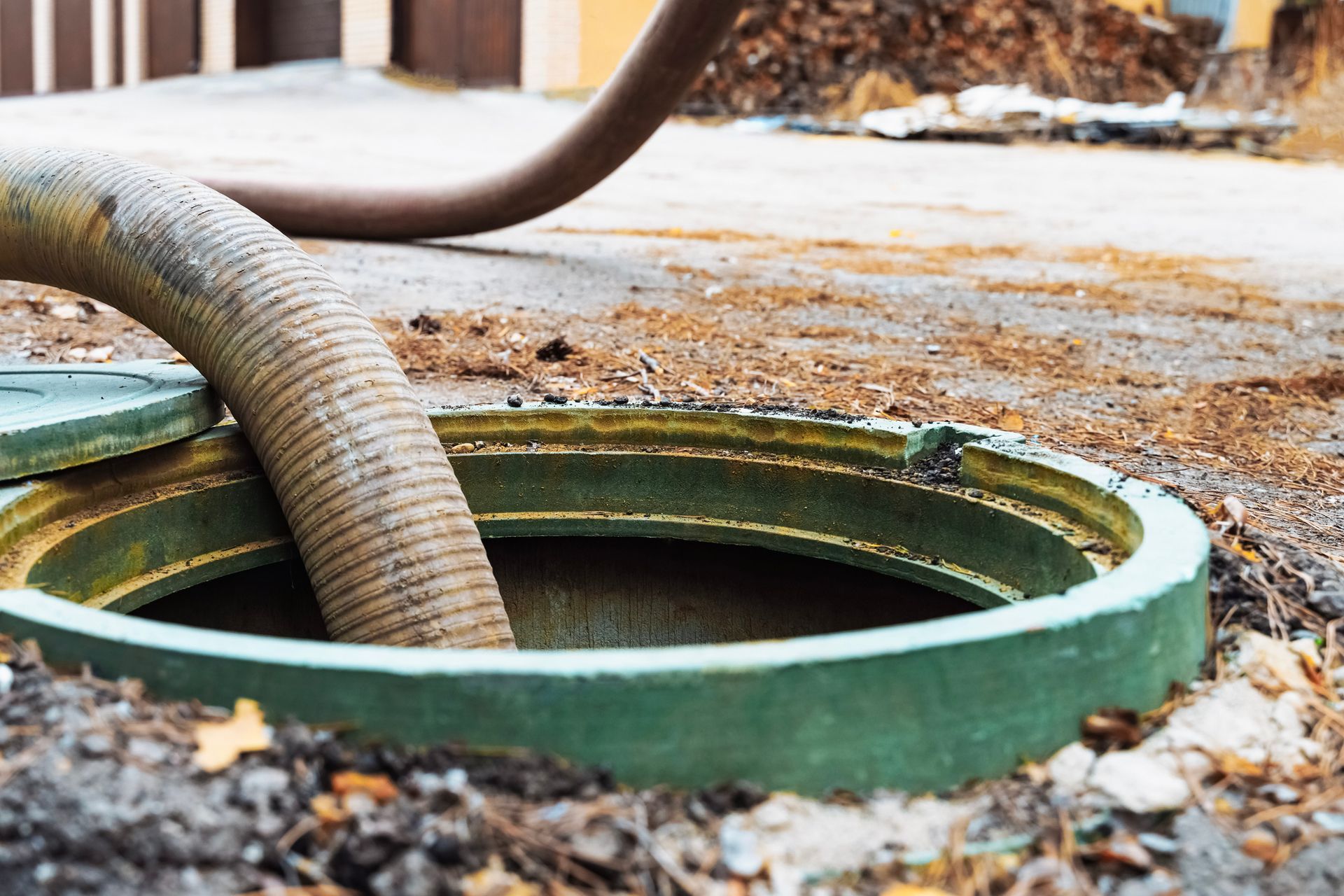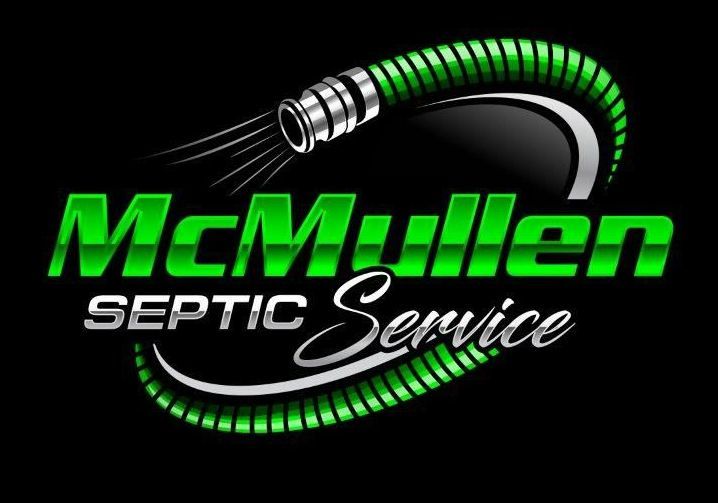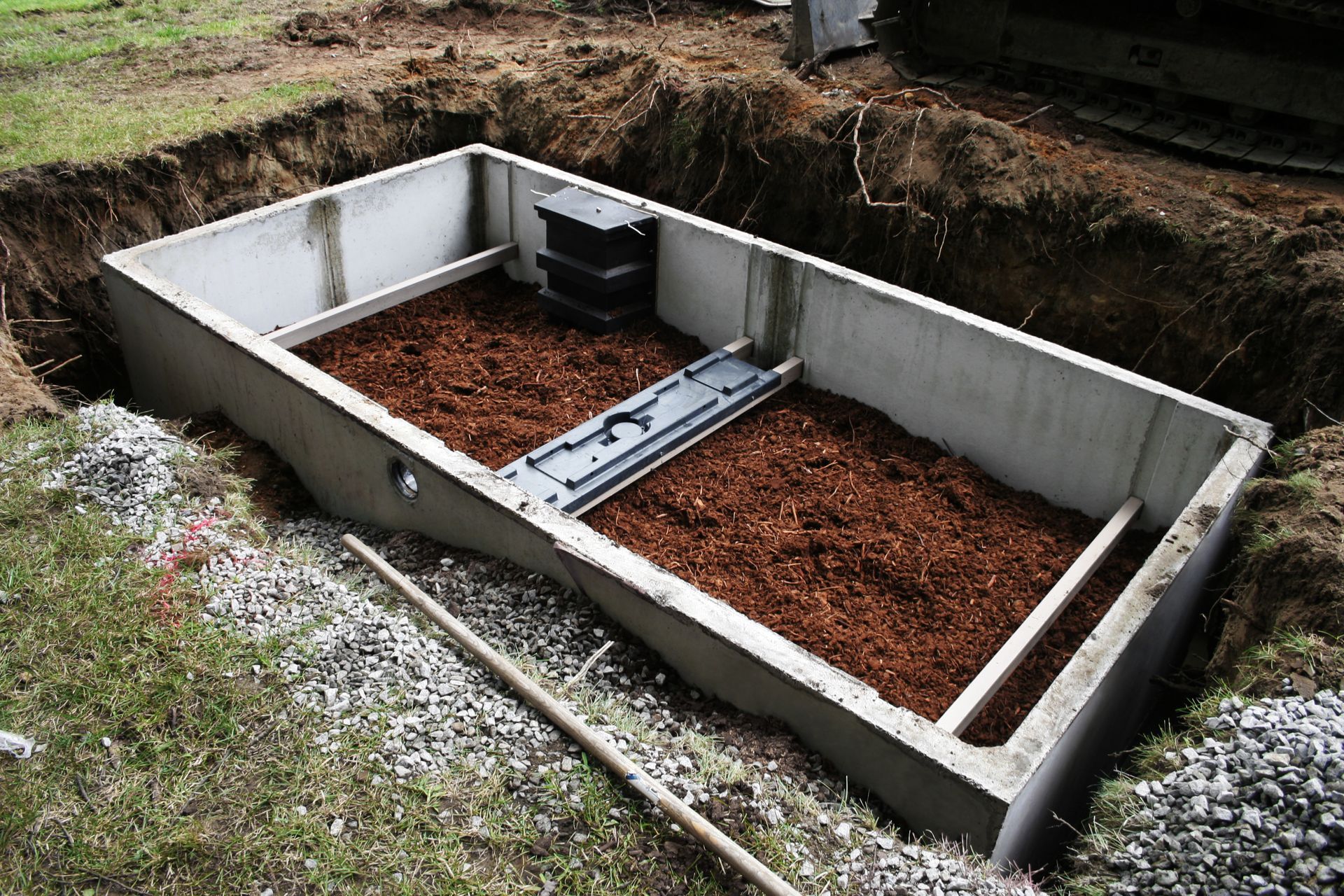Blog
Blog

by Admin
•
21 February 2025
When it comes to managing wastewater in rural or off-grid areas, gravity septic systems have stood the test of time as a reliable and sustainable solution. Simple yet effective, gravity septic systems offer a natural way to treat and dispose of household wastewater without relying heavily on electricity or complex machinery. In this blog, we will explore what gravity septic systems are, how they work, their advantages, and why they remain an ideal choice for many homeowners. What is a Gravity Septic System? A gravity septic system is one of the most common types of septic systems used for wastewater treatment in areas where municipal sewage systems are unavailable. It consists of several components that work together to treat and dispose of waste, including: Septic Tank : This is where the wastewater from the household flows first. Inside the tank, solid waste settles at the bottom, while the lighter, oily substances float to the top. The tank acts as a primary treatment stage, breaking down organic material through bacterial action. Drain Field (also called a leach field): After the septic tank, wastewater flows to the drain field through a series of pipes. The field is made up of trenches filled with gravel and soil, allowing treated water to be filtered and absorbed by the surrounding earth. Gravity forces the wastewater to move naturally through these pipes and soil layers, ensuring a gentle filtration process. The key aspect of a gravity septic system is that it relies on natural forces, specifically gravity, to move the wastewater through the system. Unlike other types of systems that require mechanical pumps or electricity, gravity-based systems are designed to function passively, which makes them both cost-effective and energy-efficient. How Does a Gravity Septic System Work? Wastewater Collection : The process starts when wastewater from household plumbing (such as from toilets, sinks, and showers) flows into the septic tank. Separation and Treatment : Inside the tank, solid waste settles at the bottom, while scum rises to the top. Bacteria in the tank break down organic material, leaving behind liquid effluent. Effluent Distribution : The liquid effluent is then directed from the septic tank to the drain field via pipes. The slope of the land is crucial here, as it helps the water to flow downhill and be absorbed into the soil. Final Treatment : The water is filtered as it passes through soil layers, where microorganisms further treat the effluent, removing harmful bacteria and contaminants before it is released into the environment. Advantages of Gravity Septic Systems 1. Cost-Effective Gravity septic systems are often more affordable to install than alternative systems because they do not require complex machinery or electrical components. The main cost is digging the trenches for the drain field and installing the pipes, which is generally more affordable than installing a system that needs a pump or additional power sources. 2. Low Maintenance Gravity systems have fewer moving parts, which means they require less ongoing maintenance compared to more advanced systems. With proper installation and periodic inspections, these systems can operate efficiently for decades. The septic tank should be pumped every 2-3 years to remove accumulated solids, but beyond that, the system is relatively trouble-free. 3. Energy Efficiency Since gravity septic systems rely on gravity to move the wastewater, they do not need external power sources like pumps or electricity. This makes them highly energy-efficient and sustainable, reducing your overall carbon footprint and operating costs. 4. Environmentally Friendly The natural filtration process in a gravity septic system is environmentally friendly. The soil and microorganisms in the drain field provide excellent treatment and filtration, ensuring that the effluent is clean and safe to return to the environment. This is especially important in rural areas where wastewater needs to be treated on-site without relying on centralized systems. 5. Long-Term Durability Gravity septic systems are incredibly durable when designed and installed properly. With regular maintenance, these systems can last 30 years or more, making them a long-term solution for homeowners looking for a reliable septic system.
Contact Information
Serving All of Sussex County and Kent County in Delaware
Phone: (302) 629-6221
Email: office@mcmullenseptic.com
Content, including images, displayed on this website is protected by copyright laws. Downloading, republication, retransmission or reproduction of content on this website is strictly prohibited. Terms of Use
| Privacy Policy

